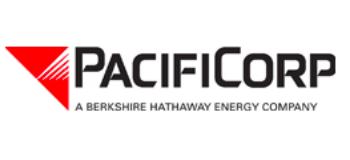Data Security Principal Architect
About This Job
Company Summary Statement : As one of the largest investor-owned utility companies in the United States, PPL Corporation (NYSE: PPL), is committed to creating long-term, sustainable value for our 3.5 million customers, our shareowners and the communities we serve. Our high-performing regulated utilities — PPL Electric Utilities, Louisville Gas and Electric, Kentucky Utilities and Rhode Island Energy — provide an outstanding experience for our customers, consistently ranking among the best utilities in the nation. PPL’s companies are also addressing challenges head-on by investing in new infrastructure and technology that is creating a smarter, more reliable and resilient energy grid. We are committed to doing our part to advance a cleaner energy future and drive innovation that enables us to achieve net-zero carbon emissions by 2050 while maintaining energy reliability and affordability for the customers and communities we serve. PPL is a positive force in the cities and towns where we do business, providing support for programs and organizations that empower the success of future generations by helping to build and maintain strong, diverse communities today. Overview:
PLEASE NOTE: THIS ROLE IS HYBRID TO ONE OF OUR LOCAL OFFICES IN: LOUISVILLE, KY OR ALLENTOWN, PA. LI-Hybrid #INDPPL
PPL is seeking a highly skilled Data Security Principal Architect to join our Cybersecurity organization. The Data Security Principal Architect will serve as a strategic leader and technical expert, responsible for defining and implementing robust data protection frameworks across our digital estate. This hybrid role bridges traditional Microsoft Information Protection and compliance tools with modern AI-centric data security practices, including encryption for LLM pipelines, secure vector stores, and legacy data remediation. This individual will collaborate closely with Security Engineering, Data Governance, Cloud Ops, and AI/ML teams to secure data throughout its lifecycle.
Responsibilities:
ESSENTIAL FUNCTIONS:
Qualifications:
REQUIRED EDUCATION:
REQUIRED EXPERIENCE:
PREFERRED QUALIFICATIONS:
Similar Jobs

Data Analyst
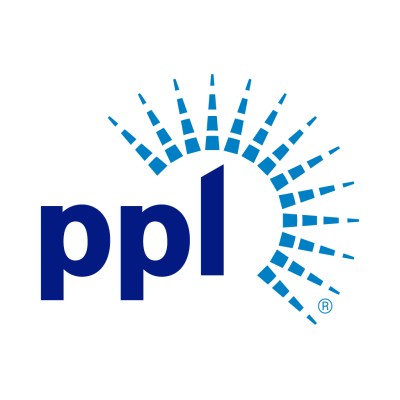
Data Security Principal Architect

Principal Cloud Security Architect

Cloud Security Senior Principal Architect

Data Security Specialist
Data Security Specialist

Principal Data Solutions Architect

Principal Data Solutions Architect
Principal Data Solutions Architect
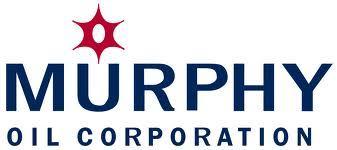
Specialist, IT Application & Data Security

Data Architect

Data Architect
IT Infrastructure & Security Architect
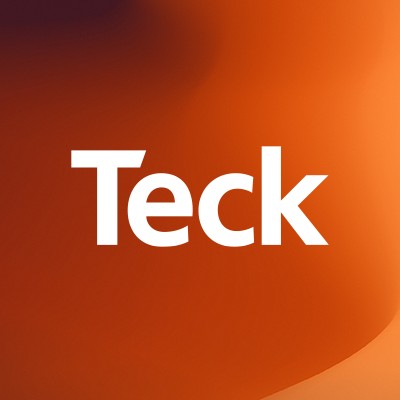
Specialist, Information Security Architect

Cyber Security Architect

Cyber Security Architect
Cyber Security Architect - OT

Cyber Security Architect - OT

OT/ICS Security Principal Architect

Data Systems Administrator
Trending Jobs
Assistant General Manager, Navy Yard Electric Utility

Electrical Engineer
Division Order Analyst
Accounts Payable Clerk
Apprentice Lineman

contract landman

Attorney

Oil and Gas Land and Title Analyst - SAM Associate II

Senior Landman

Foundry Professionals
Apprentice Lineman

Electrical Designer
Contracts Administrator

Title Landman

Deckhand
Apprentice Lineman
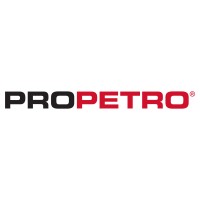
HSE Operations Manager
Screen Printing Operator
